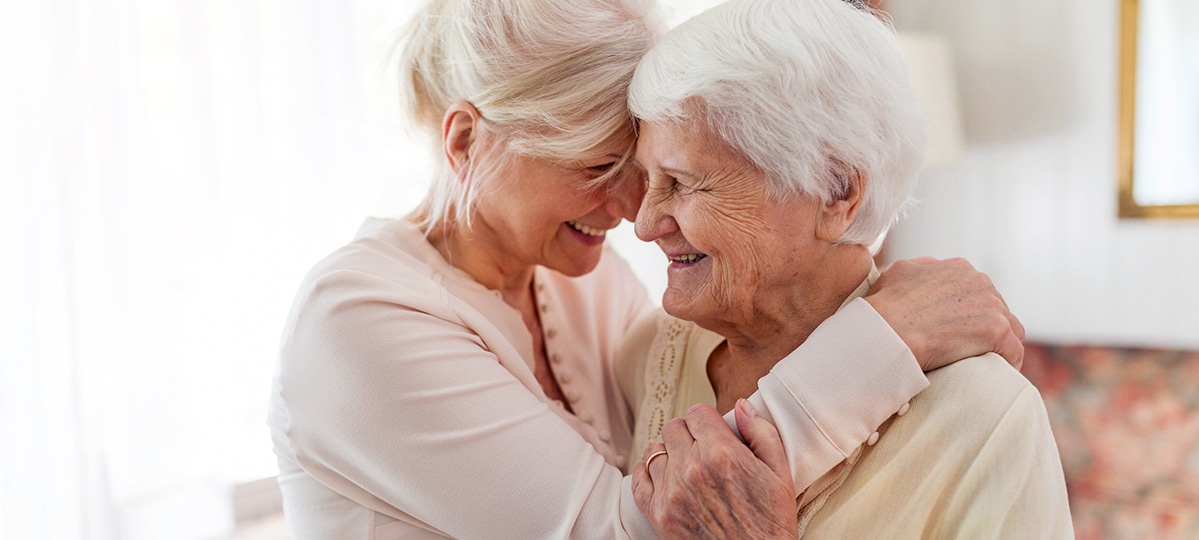Being a caregiver can be a lonely journey, and this isolation can take a toll on your mental and physical well-being. You might feel like you’re the only one facing the challenges of caring for an aging loved one, particularly when family members are absent or when the person you’re caring for has Alzheimer’s or dementia. The time and scheduling demands of caregiving often make it difficult to maintain your social life. However, neglecting your own health can lead to caregiver burnout. It’s essential to address this situation promptly.
The Physical and Emotional Impact of Loneliness
The loneliness and isolation experienced by caregivers have serious consequences for both mental and physical health. These feelings can lead to depression, cognitive decline, and a sense of detachment from daily life. Caregivers tend to skip exercise and social interactions, both of which are vital for their well-being. Poor sleep, unhealthy eating habits, substance abuse, and increased stress become common.
Studies reveal that chronic loneliness is linked to a higher incidence of heart disease, a greater risk of metastatic cancer, and an increased susceptibility to neurodegenerative diseases such as Alzheimer’s. Additionally, loneliness can compromise the immune system, reduce the antiviral response, and trigger inflammation. Notably, a study presented at the 125th Annual Convention of the American Psychological Association in 2017 highlighted that social isolation, loneliness, or living alone can have an impact on the risk of premature death comparable to that of well-accepted risk factors like obesity.
Strategies to Combat Caregiver Loneliness:
Join a Caregiver Support Group
Regularly meeting with individuals who face similar challenges can help caregivers realize they are not alone in their struggles. These support groups are especially valuable when friends and family don’t fully understand the caregiving role. Caregivers may even establish new, empathetic friendships within these groups, strengthening their social networks.
Seek Assistance
The belief that caregivers must handle everything on their own can lead to social isolation and neglect of self-care. If family members can’t assist, consider respite care and home visitation services for direct support. Friends can also be valuable resources for running errands or sharing meals.
Talk to a Therapist
In some cases, caregivers may require more support than a group can provide, particularly if they are experiencing depression or anxiety. Professional counselors can offer valuable guidance to combat loneliness and manage the caregiving role more effectively.
Cultivate and Maintain Social Connections
Building strong social connections provides resilience, making it easier to cope with setbacks. Whether facing illness or challenges, caregivers can navigate them more successfully when they have people to talk to. Regular video chats can be a great way to connect with loved ones, even if in-person meetings are challenging.
Prioritize Physical Activity
Incorporating exercise into your daily routine doesn’t require hours at the gym. Even a short daily walk can have a positive impact on your health. There are helpful apps that remind you to move throughout the day with quick activities like wall push-ups or deep breaths. Physical activity boosts energy, stamina, and mental health, with studies showing that just an hour of activity a week can lower the incidence of depression.
Remember that while caregiver loneliness is common, it’s not a permanent state. Educating yourself about loneliness and seeking appropriate resources empowers caregivers to combat isolation and maintain emotional and physical health.
The information provided in this article is not a substitute for professional consultation, diagnosis, or treatment. Always consult a healthcare provider for specific medical concerns and seek professional attention if you or someone in your care may be suffering from a health condition.




